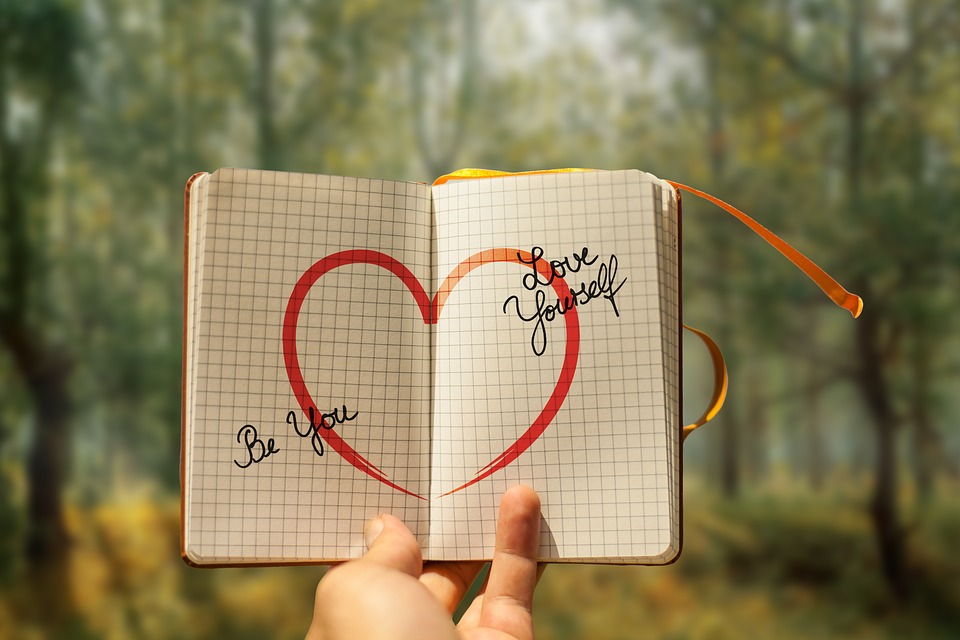From our youngest years we’re taught who and where we are in life isn’t enough.
In her book ‘Radical Acceptance’ Tara Brach states that through the myth of Adam and Eve we are taught that people are fundamentally flawed and that we must strive to redeem ourselves so no wonder then we often feel like we’re falling short. The reality is that western culture makes us feel inadequate and self-judgement keeps us trapped in old patterns of behaviour. Have you ever experienced some form of inner critic, or felt like an imposter in your own body? See here for a summary of the competence types and internal rules that people who have dips in confidence follow to see if you recognize yourself.
Self acceptance is an attitude.
When I think of self-acceptance and what it means, the words embrace, release and the feeling of being comfortable in your own skin come to me. So is there such a thing as negative acceptance and do you have to like yourself to accept yourself? I feel like there is a difference between acceptance and resignation with the former feeling softer and having lighter quality. Take a minute to pause, and be a kind and constant friend to yourself and your painful experiences is a great place to start. Recognize your feelings in a moment, breakdown your thoughts and fears to try and understand what your motivations are. You may not like everything about yourself but show compassion to the areas that are a work in progress.
Wherever you go, there you are.
There is a difference between not liking yourself and accepting that, and not liking what you see and hating that. You are enough and ok as you are, faults and all. Self acceptance is a refusal to be in an adversarial relationship to yourself. Even if you can’t like yourself all the time, you should not hate yourself. It’s a commitment to being on your own side and not being your own enemy. This is a useful state of mind as you are in a relationship with yourself 24 hours a day for as long as you live.
The curious paradox is when I accept myself just as I am, then I can change. – Carl Rogers
A strategy for self improvement is not beating yourself up. Clearly it is more effective to work on accepting and learning to like who you are. Think about what you want to change in your life; for instance maybe take up some exercise not because you feel ugly but because you want to enjoy the process of getting fit? Think of a way that a good friend treats you, they’ll hold space and not necessarily try and fix things. They’ll extend warmth and support. The state of self-acceptance is the same in many ways. So in life, try to be as comfortable as you can in your own skin and in your relationship to yourself with awareness of both your strengths and weaknesses.
Self-acceptance is a position you take, available to you anytime you want.

Use your intuition and imagination to find a symbol that represents self-acceptance: it can be a picture of a heart, a landscape, the clothing you wear it can be anything at all. Now, use this image when you meditate to help yourself connect emotionally to the feeling of self-acceptance. If you feel like it, you can also place a hand on your heart space to connect somatically to the experience of self acceptance. Get comfortable in your own company and notice what that feels like.
The state of self-acceptance is fundamental to our nature and non-acceptance can feel like sadness, doubt or fear. Lean in and train yourself to sit with the feeling even if it is not comfortable or a perfect space. When you do this, notice the conversation that you are having with yourself. Know that you are on your own side and it goes without saying, that you should accept the feeling of self-acceptance when you experience it! When you like and love who you are, you will want better for yourself because you have the confidence to accept that you deserve it.

